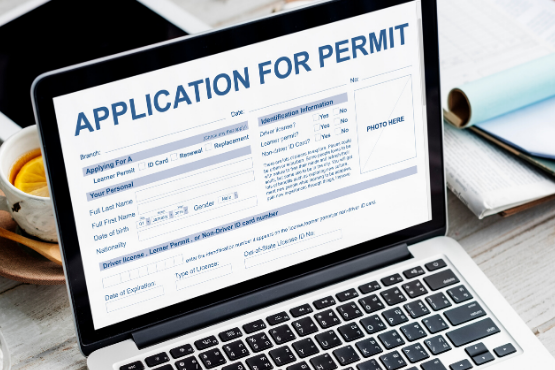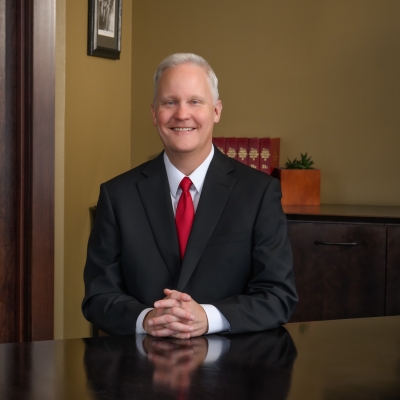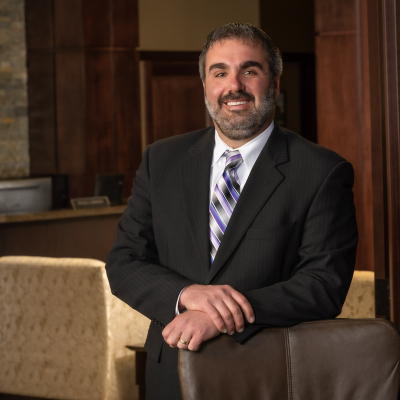South Dakota law allows for temporary permits for the use of public water. SDCL 46-5-40.1. Temporary permits can be issued for construction, testing or drilling purposes. A temporary permit allows the permittee to use public water on a temporary basis; each temporary permit expires on December 31 of the year in which it was issued. Similar to the standard applicable to a request for a permanent water permit, temporary permits will not be issued if the permit “interferes with or adversely affects prior appropriations or vested rights.” SDCL 46-5-40.1. Temporary permits can be a valuable tool for short-term uses of water such as construction projects, exploration projects, well-drilling and aquifer pump tests.
Applying for a temporary permit requires completing a form provided by the Chief Engineer of the Water Rights Program. ARSD 74:02:01:34. The Administrative Rules expressly authorize telephonic requests for temporary water permits. ARSD 74:02:01:33 provides the information required to be included in an application for a temporary water permit. The rules also authorize the Chief Engineer to issue temporary water permits without taking the matter before the South Dakota Water Management Board. ARSD 74:02:01:34. The Chief Engineer may defer applications for temporary water permits to the South Dakota Water Management Board, however.
Recently, the Chief Engineer of the South Dakota Water Rights Program deferred an application for a temporary water permit to the South Dakota Water Management Board. See the response to Application for Temporary Permit, available at https://denr.sd.gov/minmtn/20180904_MM.pdf. Following this deferral, a Water Rights Engineer composed a report on the request for a temporary permit, analyzing the availability of water and potential impairment of existing rights. The Report on Application for Temporary Permit is available at https://denr.sd.gov/minmtn/20180911MMRstaffreport.pdf. The Water Rights Engineer recommended issuing the temporary permit with certain qualifications.
The deferral to the Water Management Board by the Chief Engineer appears to be the first time a temporary permit application had been deferred to the Water Management Board in years. The importance of this deferral becomes apparent when the timing of an application for a temporary water permit is considered. The Water Management Board meets five times a year. Typically, the Water Management Board meets in March, May, July, October, and December. Should an applicant for a temporary water permit require water beginning in the spring of the year, the timing of the application becomes critical. A deferral by the Chief Engineer to the Water Management Board would likely mean the application would not receive a hearing until the Board’s next meeting. Further, the Water Rights Program would need to receive the application within sufficient time for a Water Rights Engineer to perform the analysis necessary to make an educated recommendation to the Chief Engineer. There is no time frame set out in statute or rule specifically governing applications for temporary permits.
Parties considering applying for a temporary permit to use water in South Dakota should carefully consider the timing of their request. A deferral to the Water Management Board could delay the applicant’s ability to use the requested water. A phone call to the Water Rights Program staff may provide guidance on the likelihood of deferral. If deferral is likely, applicants for temporary water permits should ensure their applications are submitted in sufficient time for the South Dakota Water Management Board to consider the application.
Special thanks to Matthew Naasz, one of the business and governmental and administrative lawyers at GPNA, for helping me put this article together.
For more information on this article, send Jason Smiley an email or call him at 605-342-1078.
This article is also posted on the AGC website here.



